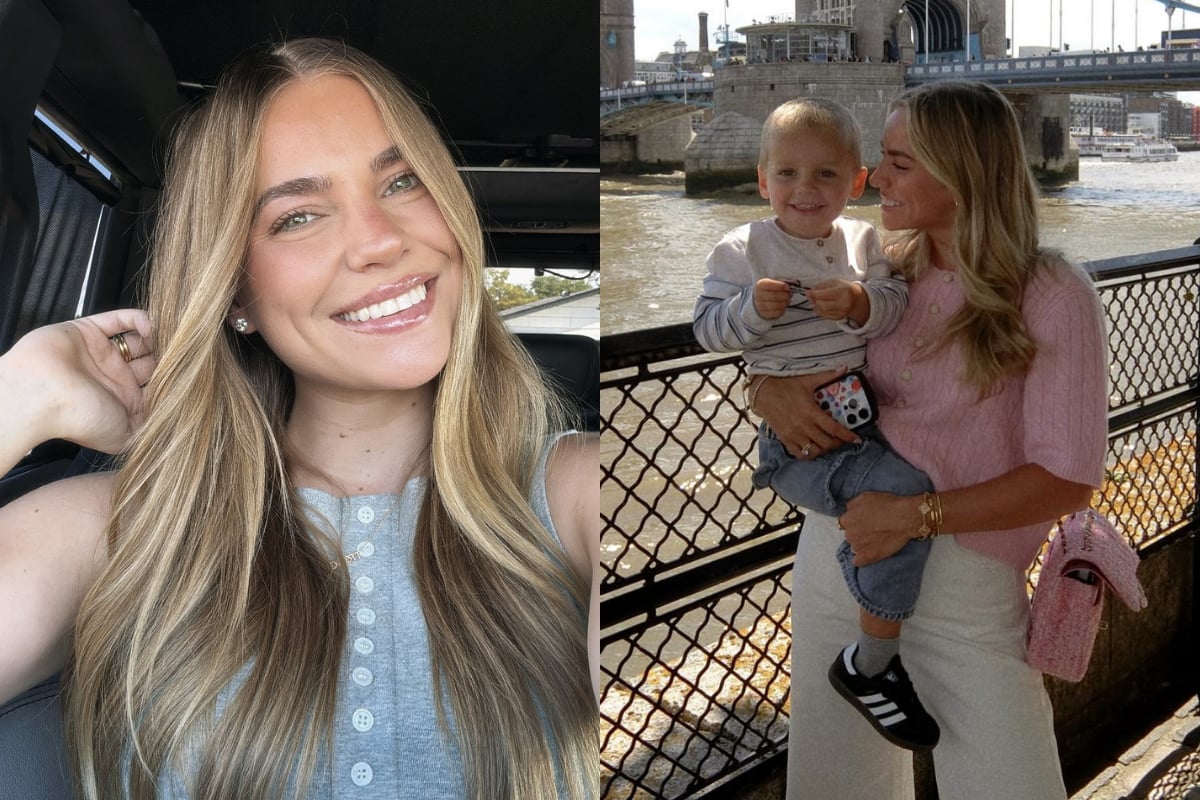
On May 12, a three-year-old boy named Trigg was found unresponsive in his family's pool. Days later, he was dead.
Trigg was the son of 26-year-old influencer Emilie Kiser and her husband Brady. The couple, who are based in the US, welcomed their second child, Theodore, in March this year.
Since the tragedy, Emilie, who shares videos of her family life with nearly 3.4 million TikTok followers, has taken an understandable step back from social media to mourn.
Watch: 5 things about grief no one really tells you. Post continues below.
But while the family grieves in private, fans have been vocal in their sympathies. Whether for better or worse.
Across TikTok and Instagram comment sections, the same words linger in different forms.
When one mum cries, we all cry.
Hugging my babies extra tight tonight.
This is every mother's worst nightmare.
Each six words, all as unhelpful as each other.
Emilie has since turned off comments on her public profiles.





























































































